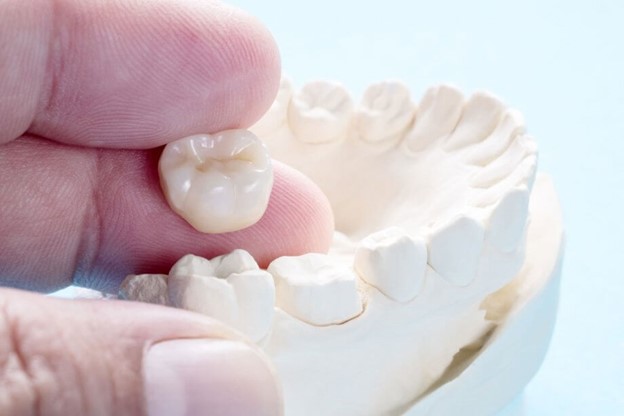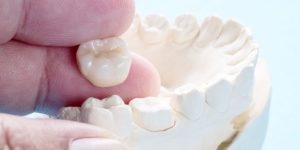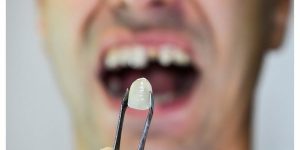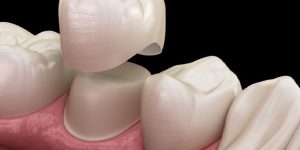When it comes to tooth restoration, you might find yourself searching for the best alternatives to dental crowns. While dental crowns are a common solution for damaged teeth, they’re not always the right fit for everyone. Whether you’re considering cost, longevity, or the extent of your tooth damage, exploring other options can help you make a more informed decision for your smile.
Why Might You Need an Alternative to Dental Crowns?
While this treatment is effective for many, they aren’t always the ideal solution, and you may not be the right candidate for dental crowns. Depending on your dental needs, preferences, or budget, other restorative options might be better suited for your situation.
What Are Common Issues with Dental Crowns?
Dental crowns are durable and functional, but they come with potential downsides. Some people experience discomfort due to improper fit or sensitivity after the procedure. Crowns also require significant tooth reduction, which can feel invasive. If you’re looking for a less aggressive or more affordable option, alternatives might be worth considering.
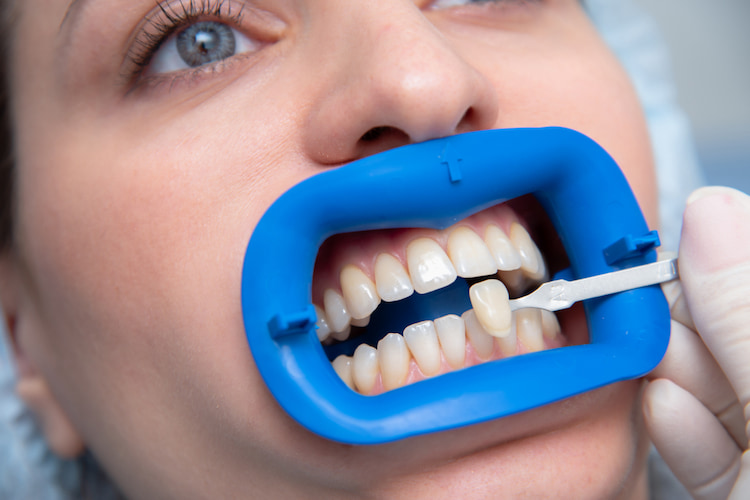
What Factors Influence Your Treatment Decision?
Your choice of restorative treatment depends on factors like the extent of your tooth damage, your budget, and your aesthetic preferences. For example, if the damage is minimal, you might not need a full crown. Your dentist will evaluate the condition of your tooth and discuss options tailored to your needs.
Everything About the Cost and Longevity of Crowns
Cost and durability are often deciding factors for patients when it comes to finding the right option for dental crowns. Crowns can be pricey, especially when made from materials like porcelain or zirconia. However, their longevity, often lasting 10 to 15 years, makes them a worthwhile investment for many. If cost is a concern, alternatives like composite bonding or inlays might be more budget-friendly.
Restore Your Smile with Pearl Dental Group
Choosing the right restoration is essential for a healthy, confident smile. At Pearl Dental Group, we’ll guide you through your options and provide expert care tailored to your needs.
Top Alternatives to Dental Crowns
Fortunately, there are several tooth restoration options available, each suited to different situations. Here are some of the top alternatives to crowns and how they compare.
Dental Veneers: Ideal for Minor Damage
Dental veneers are thin shells of porcelain or composite material bonded to the front surface of your teeth. They’re best suited for minor cosmetic damage like chips or discoloration. Veneers preserve more of your natural tooth structure than crowns, making them a less invasive option. They’re also highly aesthetic, blending seamlessly with your smile. However, they aren’t ideal for teeth with significant structural damage.
Inlays and Onlays: Targeted Restoration
For moderate tooth damage that doesn’t require a full crown, inlays and onlays are excellent options. These custom-made restorations fit precisely into or onto the damaged area of your tooth. Inlays are used for interior damage, while onlays cover larger areas, including the tooth’s cusp. Unlike crowns, they don’t require the entire tooth to be reshaped, preserving more of your natural structure. Inlays and onlays are durable, often lasting longer than fillings while maintaining a natural look.
Composite Bonding: A Quick and Affordable Option
Composite bonding is one of the most affordable and minimally invasive alternatives to crowns. This procedure uses a tooth-colored resin to repair chips, cracks, or small cavities. Bonding is ideal for patients seeking a quick fix, as it’s typically completed in a single visit. While it’s not as durable as crowns, it’s a great option for smaller repairs and can last several years with proper care.
Comparing Alternatives: Which Is Right for You?
Choosing the best option depends on understanding the benefits and limitations of each alternative.
Durability and Maintenance
When it comes to durability, crowns, inlays, and onlays tend to outlast veneers and bonding. However, maintenance also plays a role in their lifespan. Regular dental checkups, good oral hygiene, and avoiding habits like teeth grinding can help all restorations last longer.
Aesthetic and Functional Benefits
If aesthetics are your top priority, dental veneers offer a beautiful, natural look. For those who need more functional durability, inlays and onlays might be a better fit. Bonding provides a balance between cost and cosmetic appeal, though it may require touch-ups over time.
Consultation with Your Dentist
Ultimately, consulting with your dentist is the best way to determine the right solution. They’ll assess your oral health, discuss your goals, and recommend the most suitable option. No two smiles are alike, so a personalized approach ensures the best outcome.
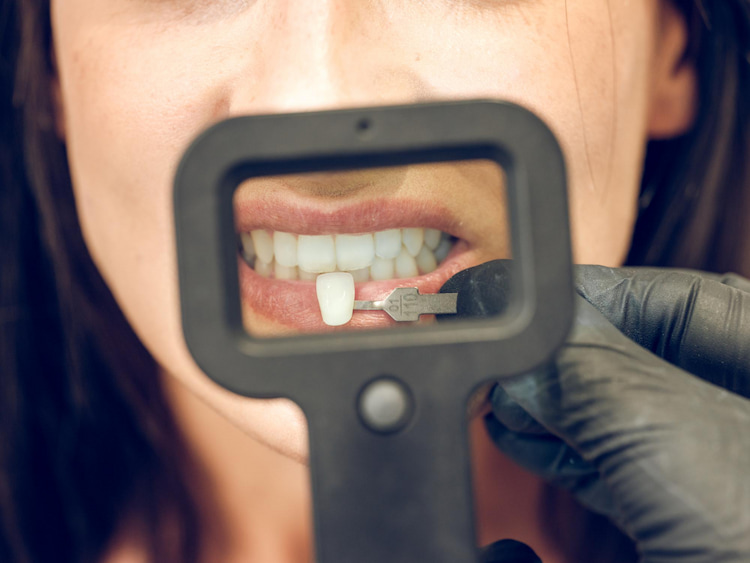
How to Choose the Best Solution for Your Smile
Deciding on the right restoration isn’t just about fixing a problem; it’s about preserving your long-term dental health.
Questions to Ask Your Dentist
Before committing to a procedure, ask your dentist questions like: “What are the pros and cons of this treatment?” or “How will this restoration affect my other teeth?” Understanding the options and their implications helps you make an informed decision.
Long-Term Dental Health Considerations
Think beyond the immediate repair. Consider how each treatment will affect your overall oral health, including factors like gum health and bite alignment. A well-maintained restoration should not only look good but also support the functionality of your teeth for years to come.
Conclusion
You should not ignore going for crowns. Therefore, finding the best alternatives to dental crowns means exploring options that align with your needs, budget, and long-term goals. Whether you’re considering veneers for a cosmetic boost, inlays for targeted repair, or bonding for a quick fix, the key is working with a dentist who understands your unique smile. For expert advice and restorative care, contact Pearl Dental Group today. Let us help you find the perfect solution for your dental needs!
FAQs
1. What are the most popular alternatives to dental crowns?
Dental veneers, inlays and onlays, and composite bonding are the most common alternatives. They each offer unique benefits depending on the extent of the damage and your goals.
2. Can veneers replace crowns for damaged teeth?
Veneers are a great choice for minor cosmetic damage but may not provide the structural support needed for heavily damaged teeth. Crowns are typically recommended for more severe cases.
3. What is the difference between inlays and onlays?
Inlays fit inside the grooves of a tooth, repairing internal damage, while onlays extend to cover one or more cusps for more extensive restoration. Both are custom-made and less invasive than crowns.
4. Is composite bonding a durable solution for tooth restoration?
Composite bonding is durable for small repairs and can last several years with proper care. However, it may not be as long-lasting as crowns or inlays for significant damage.
5. How do I know if I need a crown or an alternative?
Your dentist will evaluate the extent of your tooth damage and discuss your options. Factors like the condition of the tooth, cost, and your desired outcome will determine the best solution.



